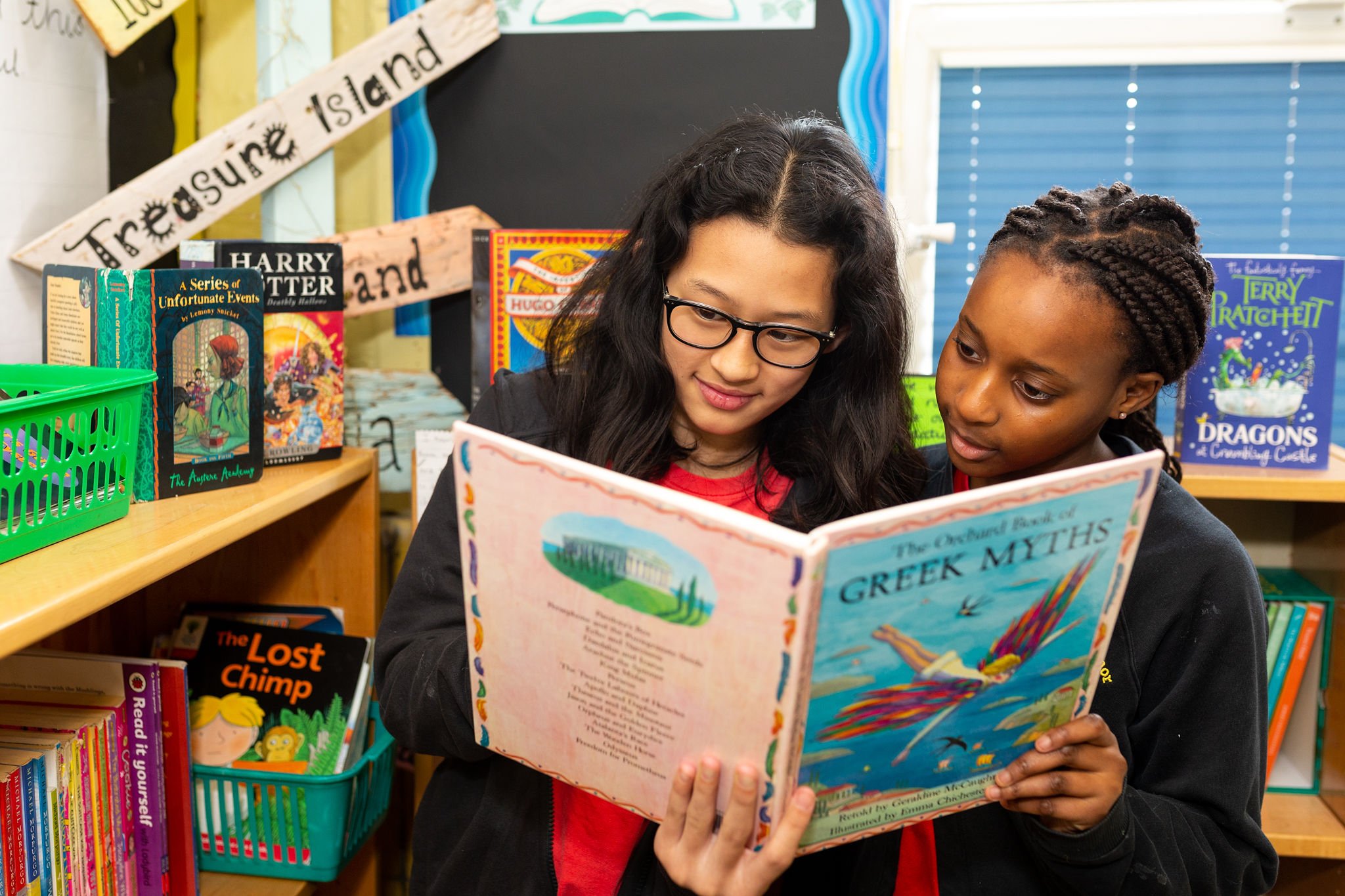
Religious Education
Overview
‘All children need to acquire core knowledge and understanding of the beliefs and practices of the religions and worldviews which not only shape their history and culture but which guide their own development. The modern world needs young people who are sufficiently confident in their own beliefs and values that they can respect the religious and cultural differences of others, and contribute to a cohesive and compassionate society.’ – Department of Education
At Charlton Manor our main RE intent is that the children of our school are able to explore, be curious and gain knowledge of their own and others beliefs, values and traditions and those of others, in meaningful and engaging ways.
As a result, our pupils will be able to regard people of all faiths, races and cultures with respect and acceptance. Our RE curriculum is broad, varied and covers:
The 6 main World Religions
Christianity
Islam
Hinduism
Sikhism
Buddhism
Judaism
In KS2 the children will also learn about Humanism and Humanist philosophers.
KS1 studies the three main religions which are most prominent in our school community: Christianity, Islam and Hinduism, as well as Sikhism and are introduced to Judaism. In KS2 knowledge of these religions are built upon, and children are also taught about Buddhism and Humanism.
This progression structure offers children the chance to build on prior knowledge and personal experiences to make comparisons and connections between faiths. Certain units of work are also taught at certain times of the year to ensure that children can make the link with particular religious festivals pertaining to a variety of different faiths. For example, Christianity is taught in the half terms before Christmas and Easter; the topic of Diwali is taught in Autumn term 1 before Diwali is celebrated.
Children are taught about each religion in historical and anthropological ways, which allows for objective study of each faith and a better knowledge building and understanding of people’s beliefs and faiths in our school community. Children are also given the chance to visit various places of religious worship to explore the buildings, but also the traditions that occur in those places. We also make connections with the wider community to bring in experts of a faith to speak with the children about their religions.
We also have half termly assemblies that highlight an upcoming religious festival. This allows all members of our school community to have their faith represented, but also to broaden our pupils knowledge of religious festivals that a celebrated worldwide.
Through RE, the British Values of individual liberty and mutual respect and acceptance of those with different faiths and beliefs are taught and promoted. By the end of KS2 the children that leave us be able to appreciate and celebrate the diverse community they live in.
Pupil Voice
'RE helps us with thinking and knowing how other people’s religions work and worship.' (Year 1)
'Religions teach us stories of good and bad and how good wins over bad.' (Year 2)
'We learn about religions to share what we know and teach others about our religions.' (Year 3)
'I liked learning about creation stories from different beliefs because it teaches us that we can all believe different things and they can all be true. It makes society better to be able to do that.' (Year 4)
'Learning about peace was good because it can make us more peaceful and be allies with other people.' (Year 5)
'Religion teaches you about different faiths and how to be mindful of them and not be rude to people who believe different things.' (Year 6)
(pix needed here)
